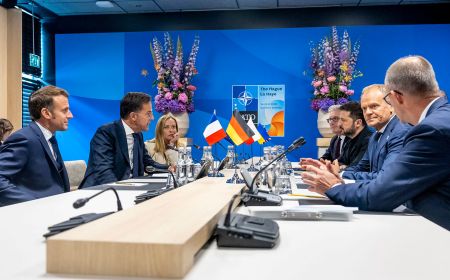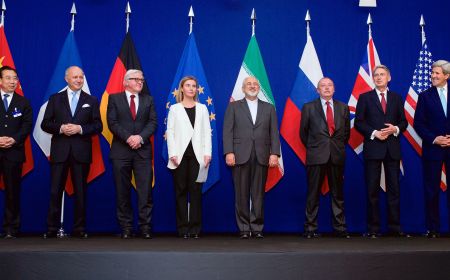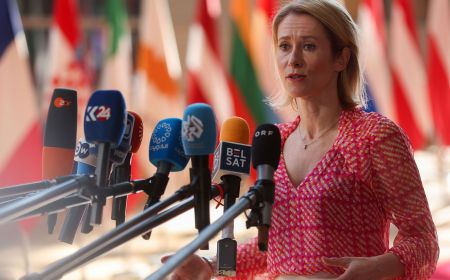25 Years of Women, Peace and Security: Between Promises, Backlash, and Feminist Reimagining
2025 marks 25 years since the adoption of UN Security Council Resolution 1325 on Women, Peace and Security (WPS). A milestone in recognizing that gender matters for achieving sustainable peace, the resolution became one of the most visible frameworks for promoting gender equality in global peace and security institutions. The WPS Agenda focuses on the 3Ps – prevention, protection, and…











